On the appearance, they are a perfect family—a revered medical father, a calm mother, and two boys headed for elite success. Benevolent silence buried love, and a woman caught between obligation and desire lurks beneath that surface, though. A moving Taiwanese film, Blind Love examines generational pressure, marriage expectations, and suppressed sexuality – all entwined in a very personal rediscovering path.
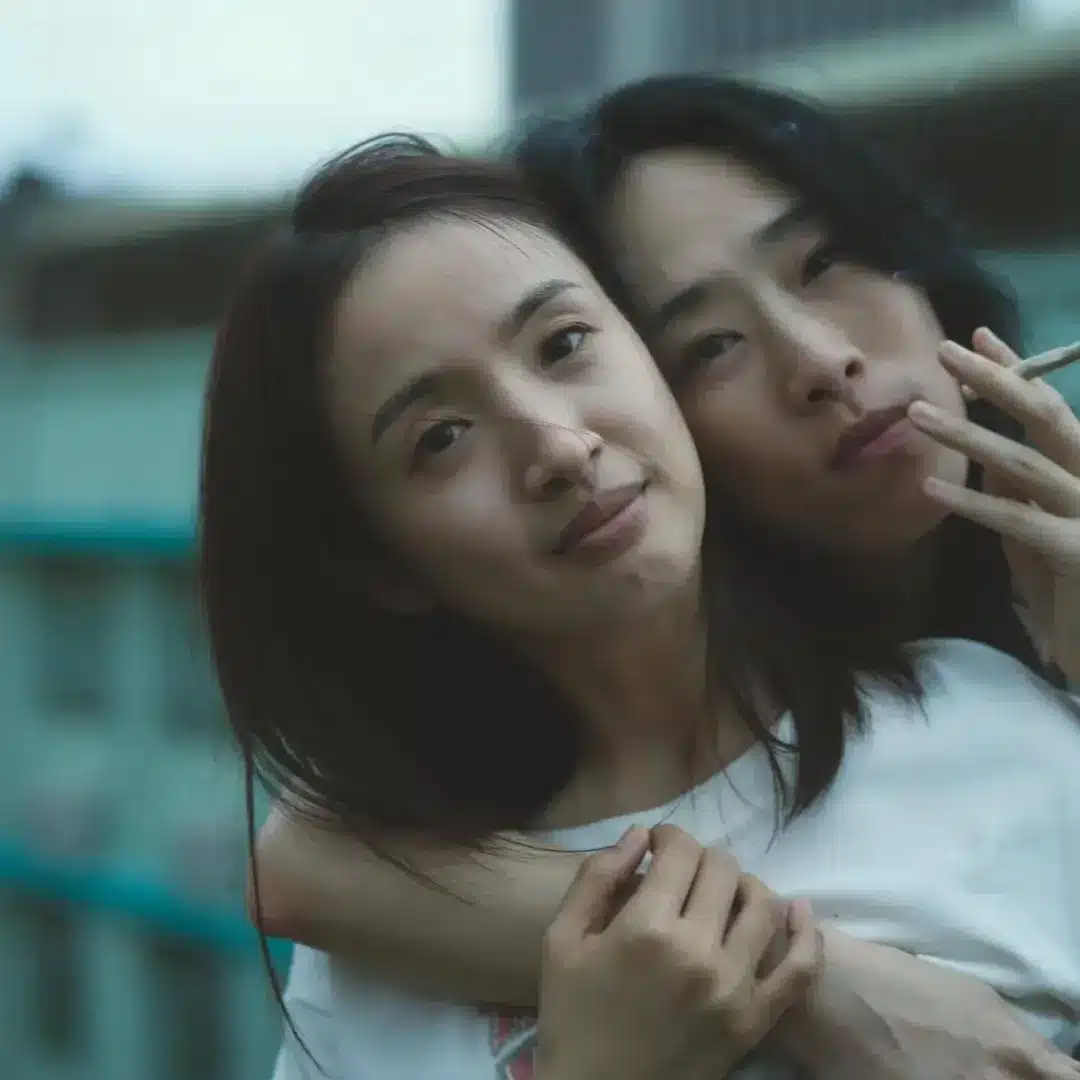
Li Tianhan is a sensitive and self-doubting high schooler who seems to have everything: a prestigious school offer and a “model” family. His father Li Yifeng is an ambitious surgeon; his mother Xu Shuyi is the ever-graceful woman holding it all together. But to Tianhan, their family has always felt performative — a perfectly constructed image that disregards any true emotion. His younger brother Tianrui offers warmth, but it isn’t enough to silence the growing dissonance.
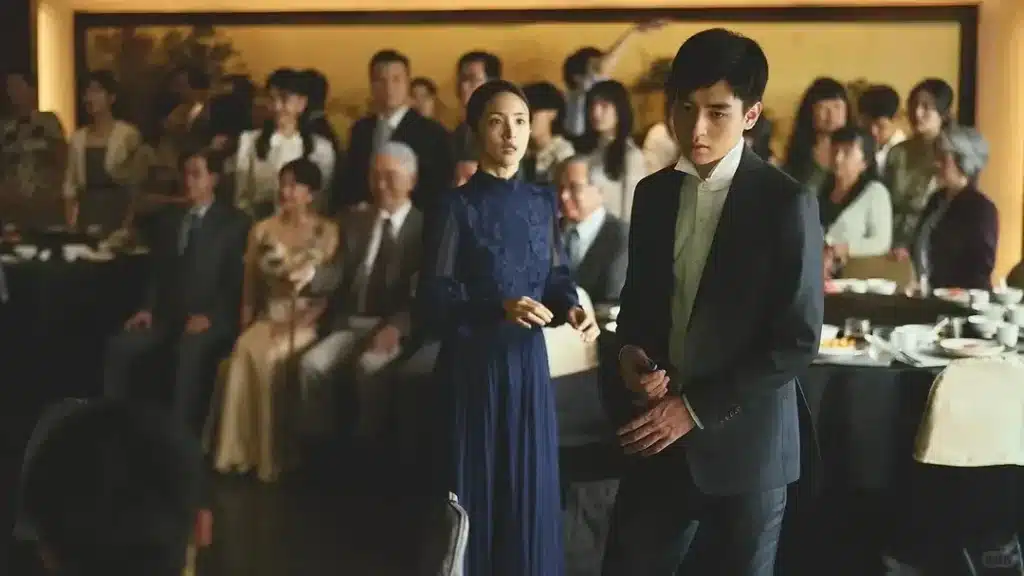
When Tianhan begins acting out and even runs away from home, he meets a mysterious woman named Luo Xuejin. Unbeknownst to him, Xuejin is the former lover of his mother, Shuyi — a love buried and denied in exchange for a socially accepted marriage.
As Shuyi and Xuejin’s paths cross again, their old passion rekindles. But Shuyi, haunted by internalized fear and the blindness of conformity, continues to choose appearance over authenticity. Meanwhile, Tianhan gradually uncovers his mother’s secret, as the family’s emotional fractures begin to rupture. Caught between love, fear, and generational trauma, Shuyi moves closer to a metaphorical — and literal — darkness she can no longer avoid.
Blind Love Cast
Charactor

A composed doctor’s wife and mother, Shuyi seems to have it all — yet she’s lived a life in denial of her true desires.
Ariel Lin
Ariel Lin delivers a subtle and layered performance, capturing both Shuyi’s strength and suffocating repression. Best known for her roles in It Started with a Kiss and In Time with You, Lin brings emotional precision and inner conflict to a character who walks a line between societal expectation and personal awakening.

A mysterious figure from Shuyi’s past who reignites a long-buried flame and forces her to confront her truth.
Wu Ke-Xi
Wu Ke-Xi, recognized internationally for her roles in Nina Wu and The Road to Mandalay, lends a magnetic presence to Xuejin. Her confidence and quiet intensity serve as both temptation and liberation — the very force that destabilizes the illusion of Shuyi’s perfect life.
Director
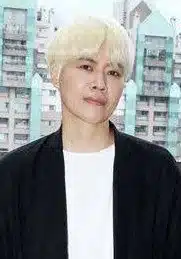
Meiyu Chou
Founder of the Taiwanese talent agency Chou's Entertainment, Meiyu Chou has represented acclaimed actors such as Ariel Lin, Bryant Chang, and Cindy Huang. She later transitioned into producing and screenwriting. Her company’s first original production, I Will Never Let You Go (小女花不弃), garnered an astounding 5.6 billion views globally. With Blind Love, she takes a more intimate approach, tackling themes of queer longing, family dissonance, and womanhood in a conservative society.
Blind Love Review
Review
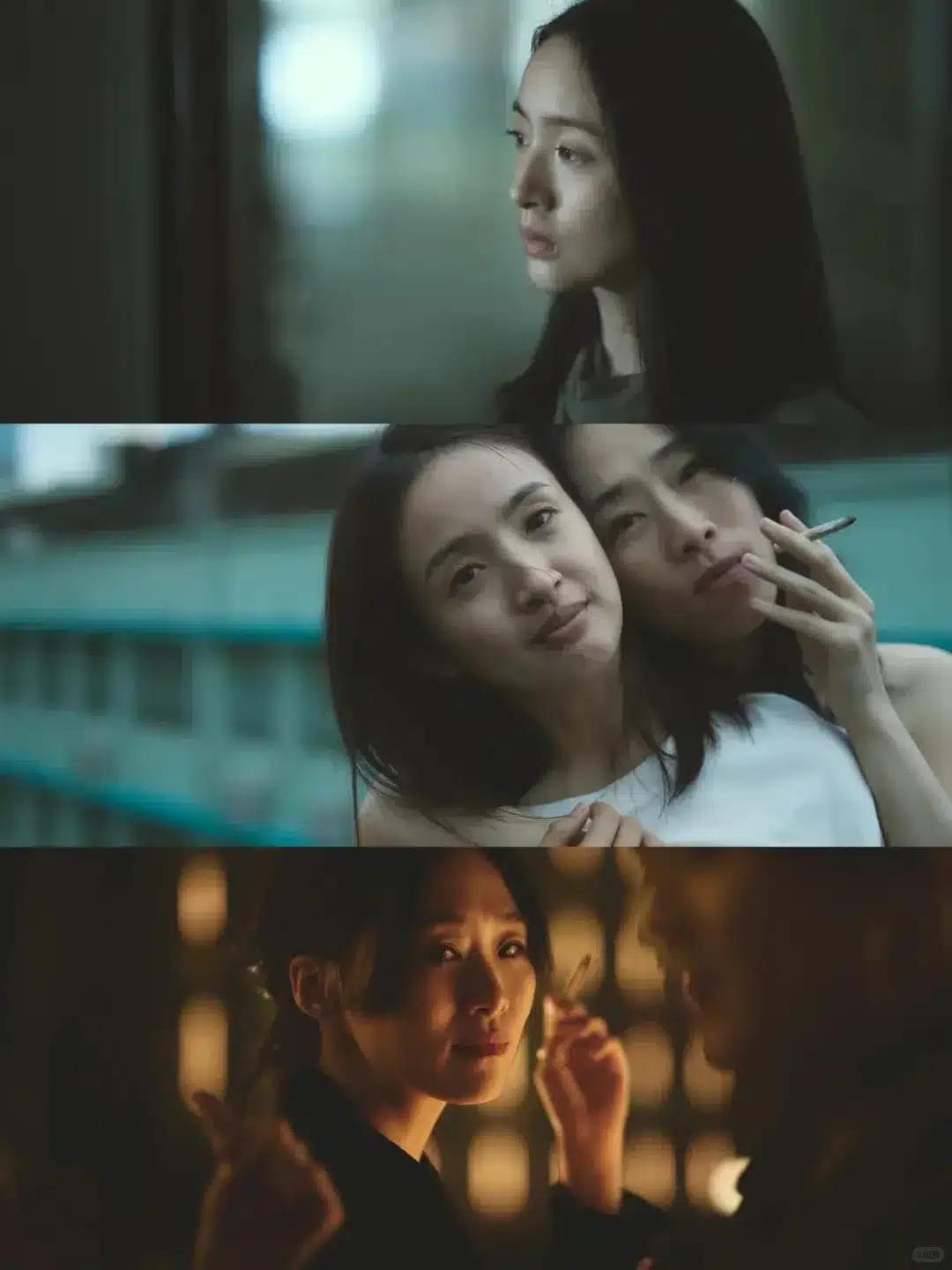
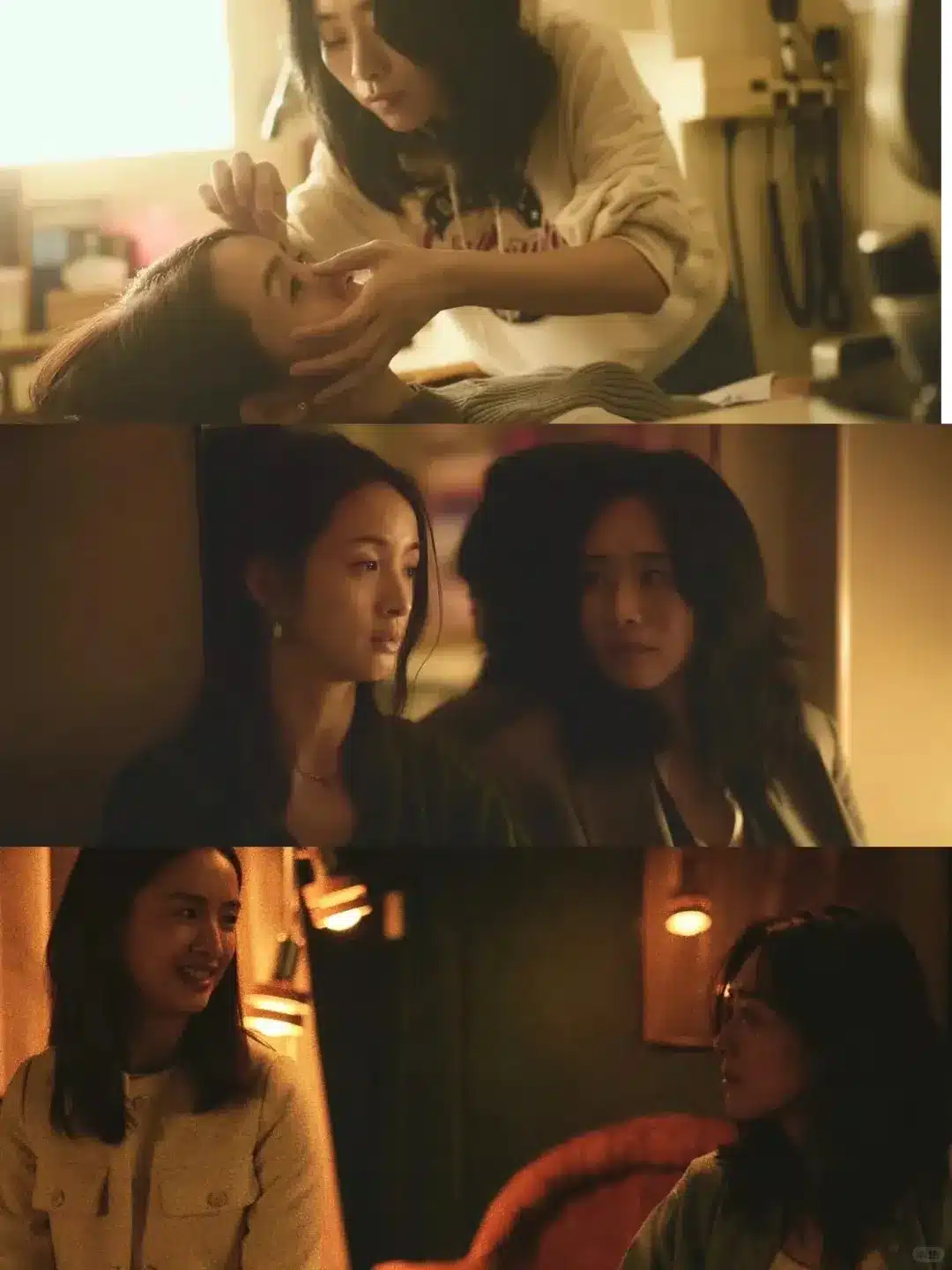
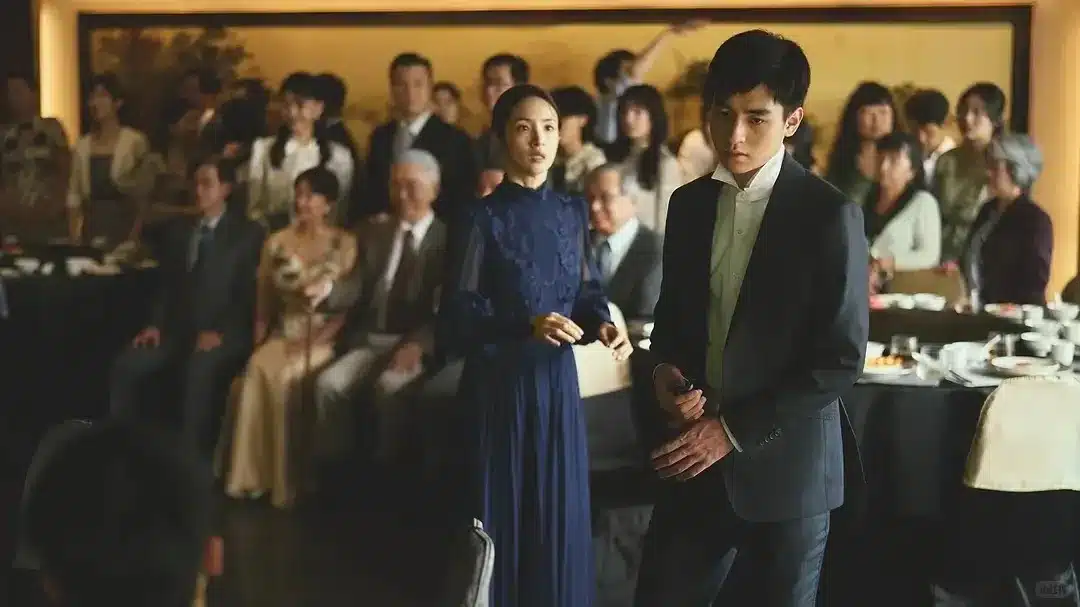
Blind Love feels both deeply local and universally resonant. It taps into the very real anxieties of Taiwanese society — family obligation, appearances, and the emotional cost of silence. Xu Shuyi’s arc is particularly affecting: a woman who has lived her entire life pretending not to see her truth, and is now being forced to confront it.
There are striking visual metaphors — mirrors reflecting dual selves, claustrophobic bathrooms echoing inner tension. The mirror scene in the women’s restroom, where Shuyi and Xuejin confront each other, is quietly intense and gorgeously framed.
Yet, the film falters in emotional pacing. The romance between the two women feels rushed — almost like a narrative shortcut rather than a natural evolution. The first kiss is jarringly abrupt, and there’s little groundwork for their emotional re-connection, making their intimacy feel more symbolic than genuinely earned. Even Shuyi’s reaction upon realizing her son also has feelings for Xuejin lacks the layered internal conflict one might expect.
Despite its flaws, the film delivers a compelling third act. A marital rape scene is portrayed with visceral realism, and the ending — set in 2024 — offers a surprisingly warm resolution. The father begins to open up emotionally, and the two women can finally exist in the same frame without fear. It’s not triumphant, but it’s hopeful.
